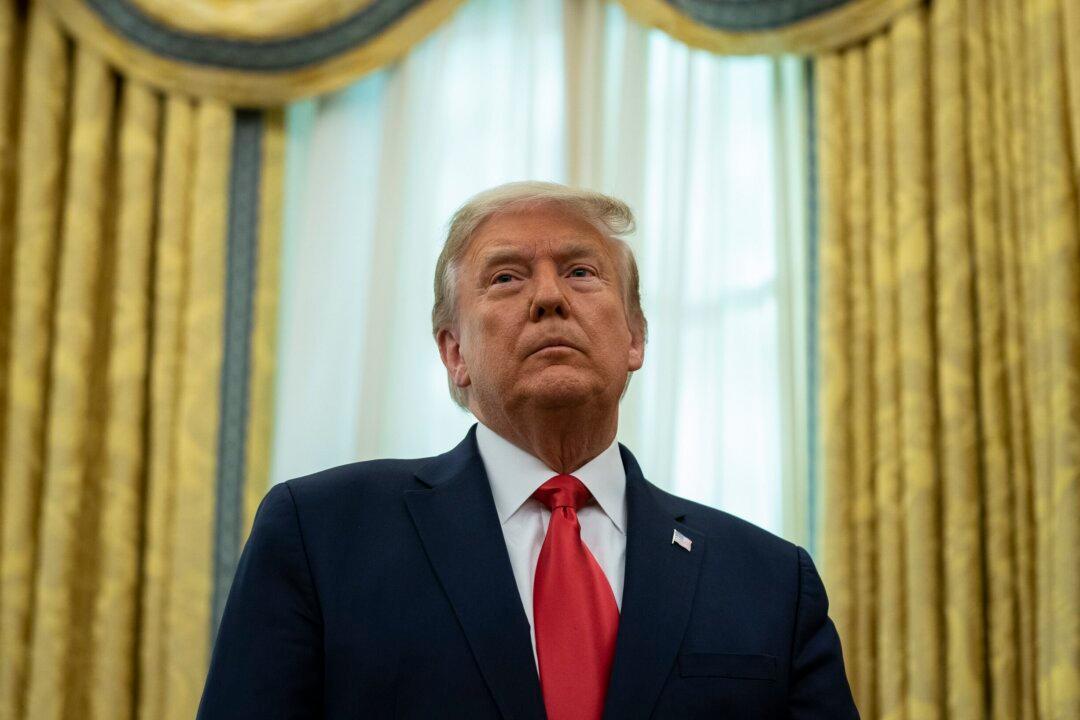The Republican-led Senate approved a $740 billion major national defense bill on Friday, defying a threat to veto from President Donald Trump.
The final vote on the National Defense Authorization Act (NDAA) was 84-13, far greater than the two-thirds requirement to override a presidential veto.





